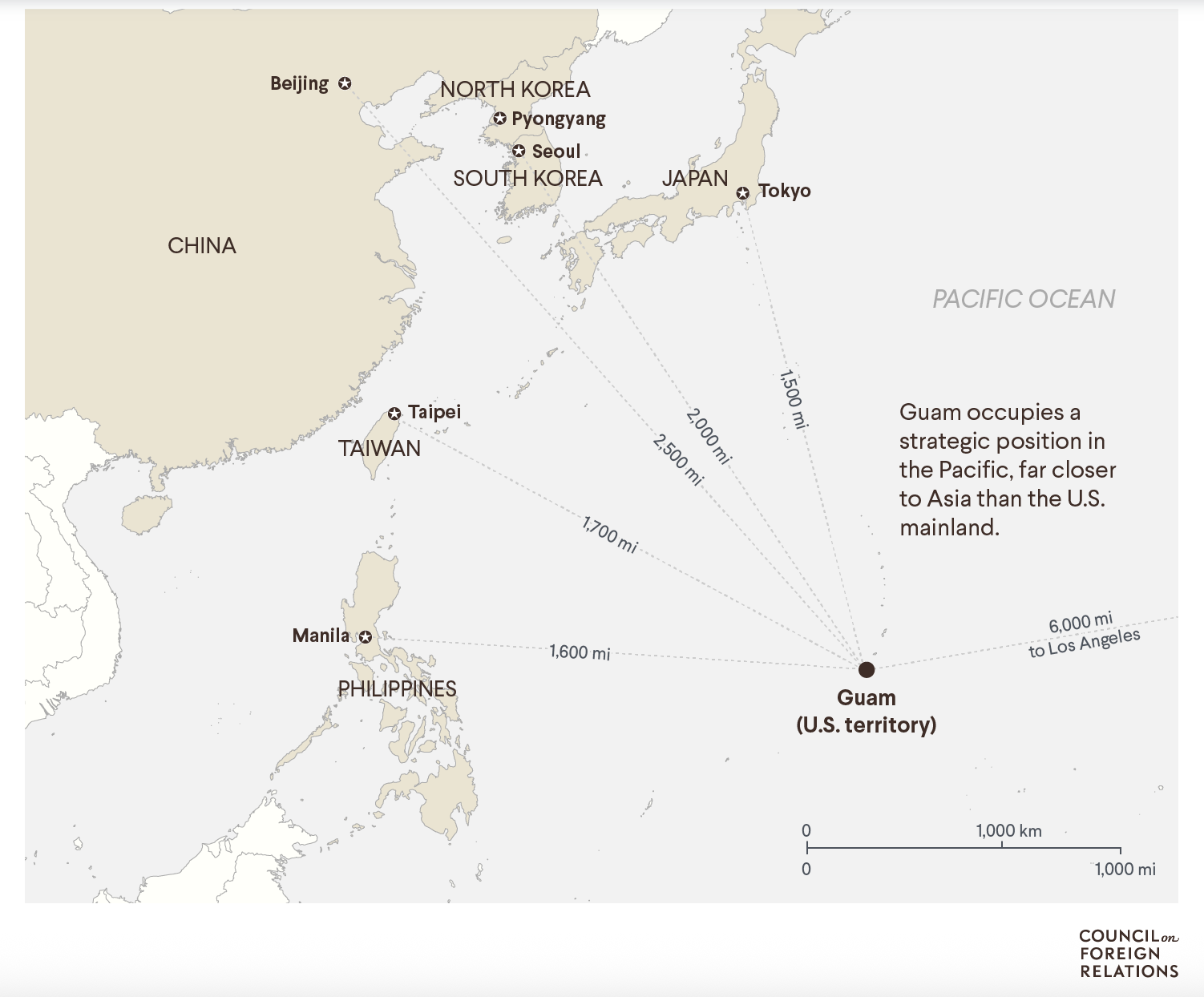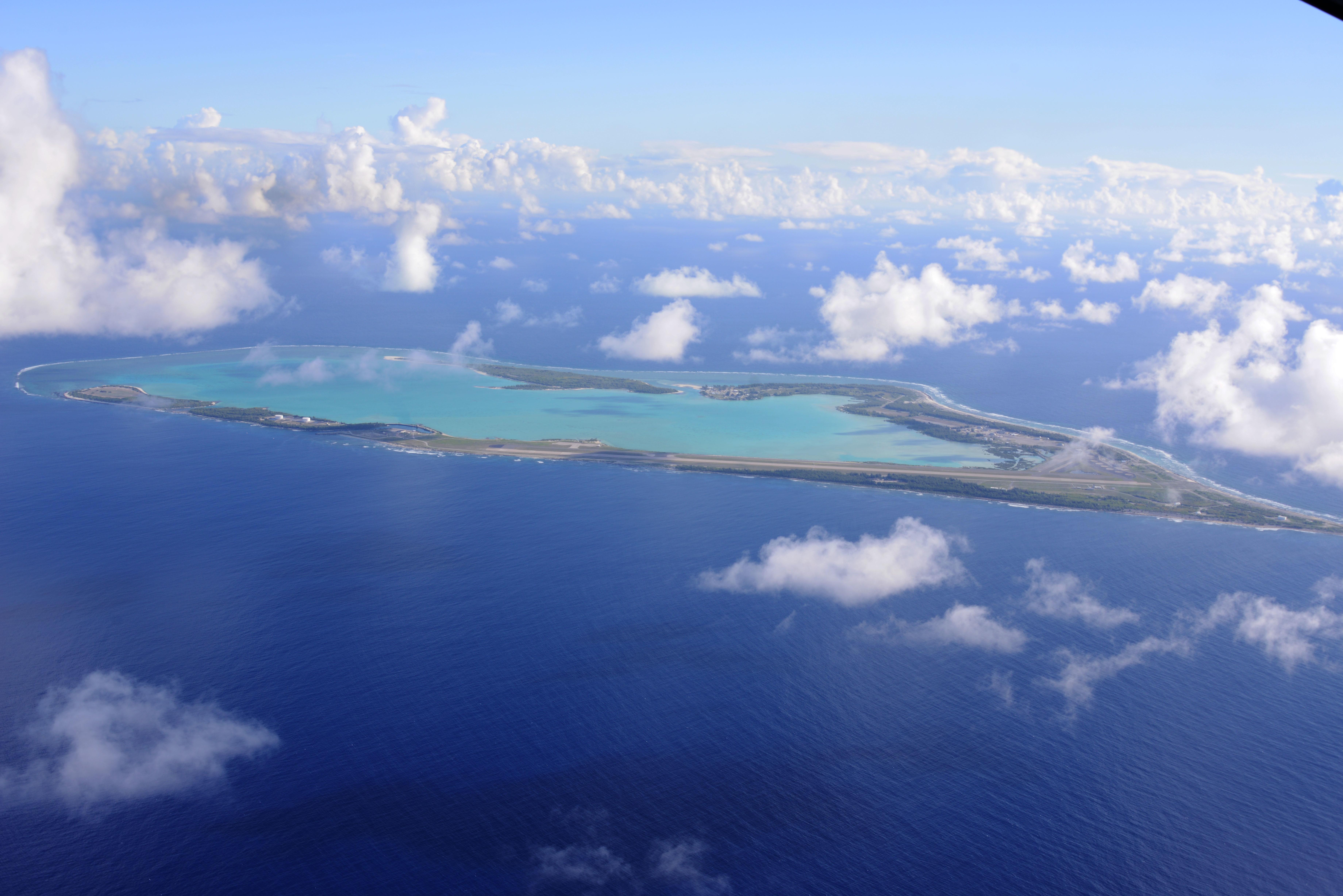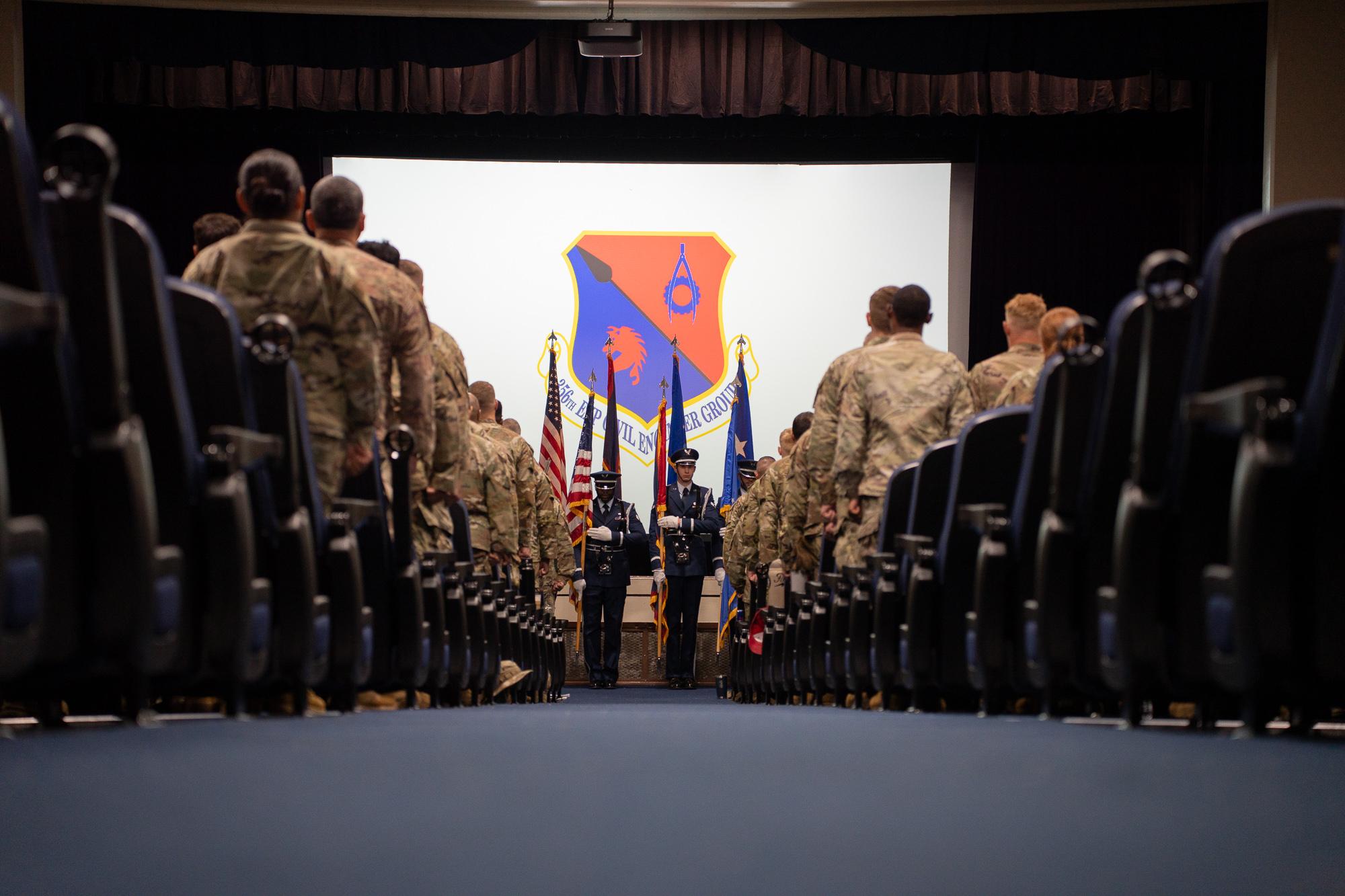 BY THE SAIPAN CHAMBER OF COMMERCE AND THE HOTEL ASSOCIATION OF THE NORTHERN MARIANA ISLANDS
BY THE SAIPAN CHAMBER OF COMMERCE AND THE HOTEL ASSOCIATION OF THE NORTHERN MARIANA ISLANDSIt is important to recognize that the CNMI and Guam, unlike other Pacific nations, are part of the United States. As such, the federal government determines policy on all matters of foreign affairs. Furthermore, the promotion of tourism—particularly from China—is not an endorsement of any political ideology or regime. Rather, it reflects the significant economic benefits of engaging with the Chinese outbound travel market, one of the largest and fastest-growing in the world. Currently, the United States is one of the most popular destinations for this market.
The U.S. Department of Commerce, Brand USA, and numerous cities and states actively promote tourism from China. Chinese visitors contribute approximately $30 billion annually to the U.S. economy and support around 500,000 jobs across various sectors. Nationwide, these tourists are welcomed as a valuable source of revenue rather than a threat. The federal government has no objection to Chinese tourism in the mainland U.S. or the CNMI.
Unfortunately, misinformation circulated on social media and online news outlets has undermined the efforts of our local stakeholders—hotels, tour operators, wholesalers, distributors, and small businesses providing watersports, restaurants, retail, and other services—who are striving to revitalize our economy and create job opportunities for our residents. As we work toward recovery, discussions on tourism and economic development must be guided by facts rather than mischaracterizations, and, more importantly, by humility and the spirit of inafa’målik.
For decades, the Saipan Chamber and HANMI—both non-partisan organizations—have worked closely with former NMI Washington Representatives, including former U.S. Delegate Gregorio Kilili C. Sablan, on issues affecting our members. We continue this tradition today in collaboration with U.S. Delegate Kimberlyn King-Hinds. Among our economic initiatives, we supported Delegate Sablan’s efforts—and now support Delegate King-Hinds’—in requesting the U.S. Department of Transportation to reinstate Annex VI of the U.S.-China Air Transport Agreement, which would make the resumption of travel from China to Saipan economically feasible.
Lastly, we wish to emphasize that tourism recovery is just one of many economic initiatives we are pursuing with our Delegate’s Office to move our community forward. We remain open and committed to working constructively and respectfully with all stakeholders to achieve the best outcomes for our people.
Editor’s Note: The Chamber subsequently clarified that its comments are not directed at any specific media organization or organizations, but rather at social media postings.


















